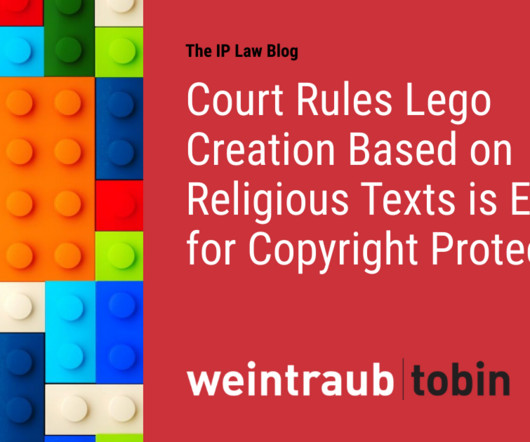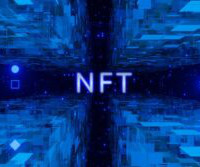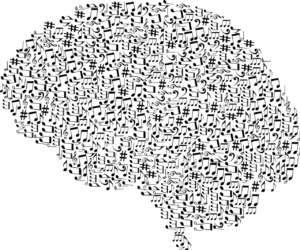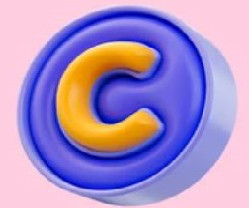Court Rules Lego Creation Based on Religious Texts is Eligible for Copyright Protection
The IP Law Blog
SEPTEMBER 28, 2023
Thus, here, given that the plaintiff has Copyright Registrations, the burden shifts to Defendants to come forward with “evidence that the work[s] [were] copied from the public domain.” As a result, Defendants contend that Plaintiff’s Second Holy Temple Product can be copied and used in derivative works.












Let's personalize your content